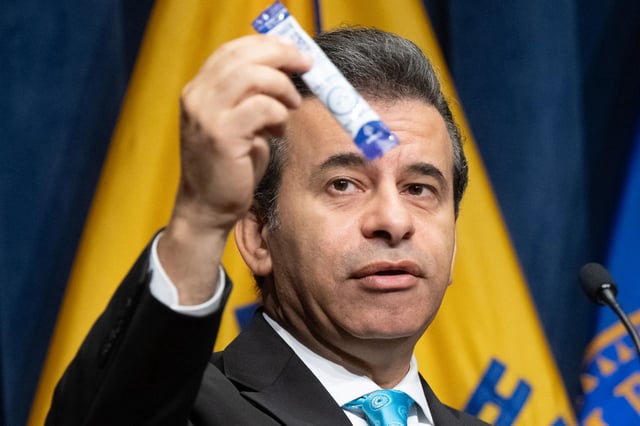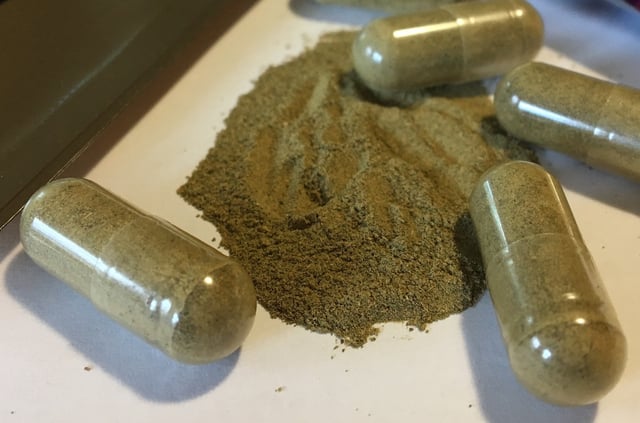Overview
- The FDA recommended scheduling 7-hydroxymitragynine — a concentrated synthetic byproduct of kratom — as Schedule I, the strictest category under federal law.
- Agency officials warned that 7-OH binds to mu opioid receptors and exhibits potency exceeding morphine, raising concerns over its addictive potential.
- Unapproved 7-OH formulations are sold nationwide as gummies, tablets and drink mixes at convenience stores, vape shops and online outlets without regulation.
- Federal health agencies reported a surge in overdoses, poisonings and emergency room visits linked to concentrated 7-OH products.
- The DEA will enter a rule-making phase with a public comment period before issuing a final scheduling decision.



